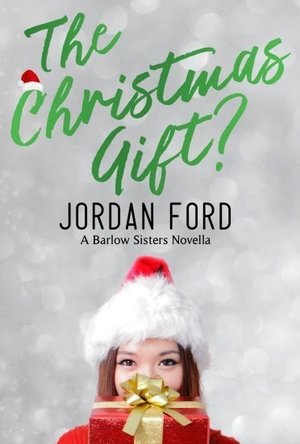
The Christmas Gift? (A Barlow Sisters Novella)
Book
Rahn is counting sleeps until she gets to spend Christmas with her boyfriend Roman. But can she find...
Contemporary Romance Seasonal Young_Adult
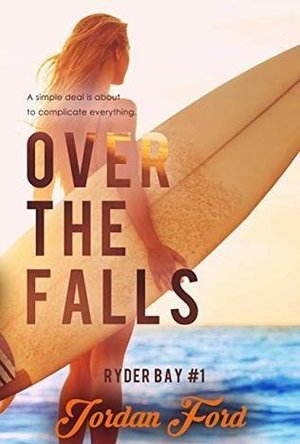
Over the Falls (Ryder Bay #1)
Book
He’s drowning in rejection. She’s riding the waves. Can a rich boy and a surfer girl find love...
Contemporary Romance Young_Adult
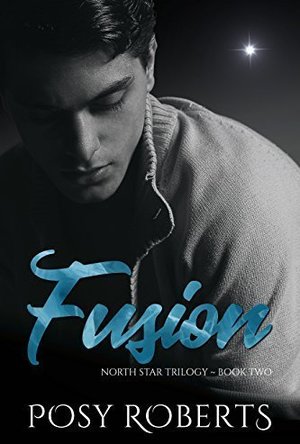
Fusion
Book
Kevin and Hugo make plans to blend their lives, but bleak news changes everything. Building a future...
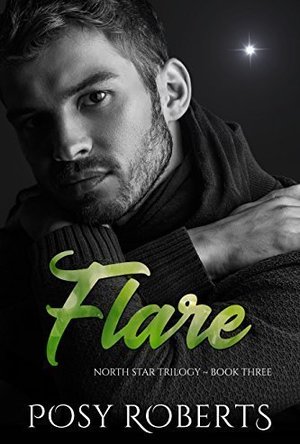
Flare
Book
After tremendous loss, Hugo and Kevin seek stability for themselves and the kids. They never...
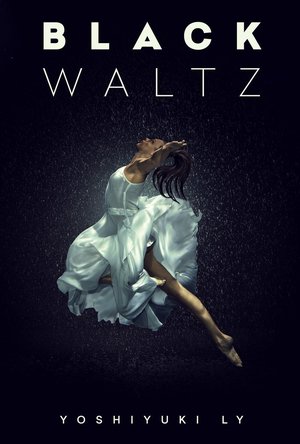
Black Waltz
Book
As a Black Waltz—a magical ballet dancer—Stella Azrith appears to all as a composed, no-nonsense...
Contemporary Fantasy Romance
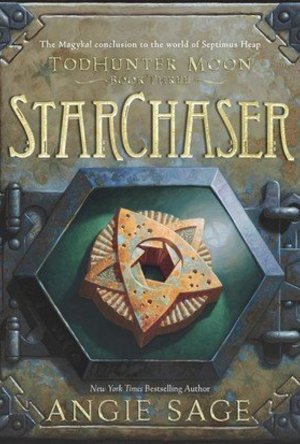
StarChaser (TodHunter Moon #3)
Book
Almost one year ago, Alice TodHunter Moon left her PathFinder village to become Apprentice to...
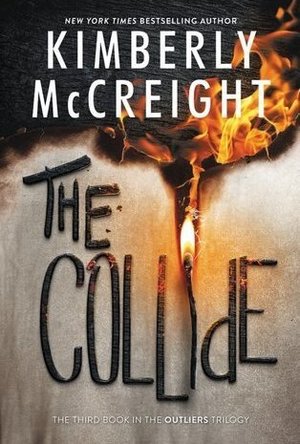
The Collide
Book
The much-anticipated final book in New York Times bestselling author Kimberly McCreight’s Outliers...
series fiction ya social themes
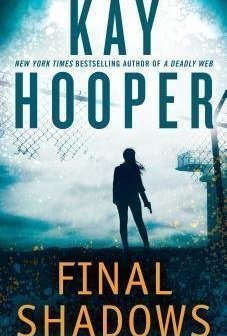
Final Shadows (A Bishop Files Novel, Book 3)
Book
A desperate underground war with the survival of millions at stake looms in the electrifying...
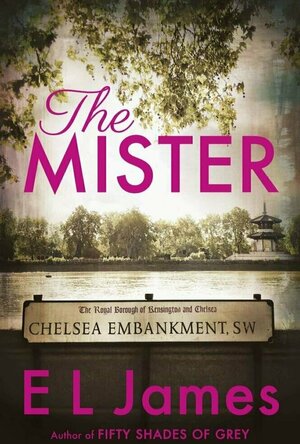
The Mister
Book
The thrilling new romance from E L James, author of the phenomenal #1 bestselling Fifty Shades...
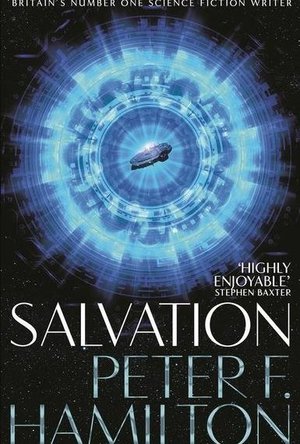
Salvation (The Salvation Sequence)
Book
Salvation is the first title in a stunning science fiction trilogy, the Salvation Sequence, by Peter...
Science Fiction